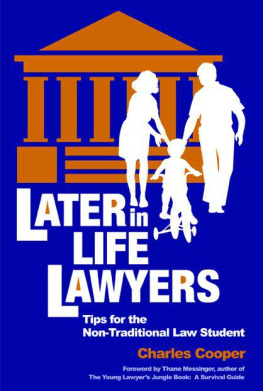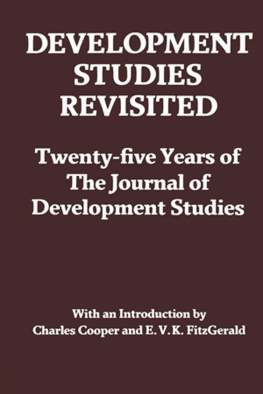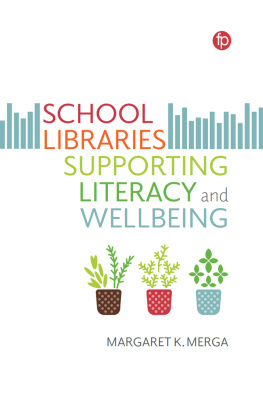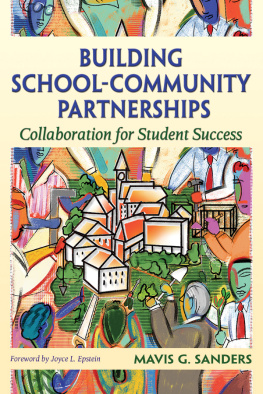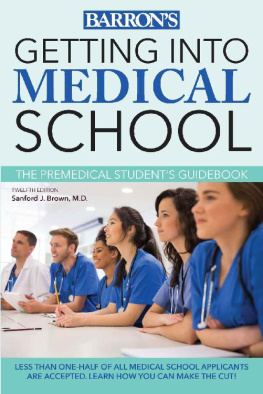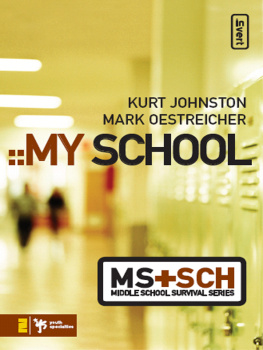LATERINLIFE LAWYERS
2nd Edition
Other Law Titles
Jagged Rocks of Wisdom: Professional Advice for the New Attorney
Planet Law School II: What You Need to Know ( Before You Go)but Didnt Know to Ask and No One Else Will Tell You
The Young Lawyers Jungle Book: A Survival Guide
LATERINLIFE
2nd Edition
TIPS FOR THE NONTRADITIONAL LAW STUDENT
CHARLES COOPER
THE FINE PRINT PRESS
HONOLULU
Copyright 2006, 2012 by Charles Cooper
All rights reserved. No part of this book may be reproduced in any form or by any means without written permission from the publisher, except by a reviewer who may quote, with attribution, brief passages in a review.
The Fine Print Press
Honolulu, HawaiiWebsite: www.fineprintpress.com Email: info@fineprintpress.com
ISBN: 1-888960-06-X
ESBN: 978-1-888960-06-8
LCCN: 2006923405
Publishers Cataloging-in-Publication Data
Cooper, Charles
Later-in-Life Lawyer: Tips for the Non-Traditional Law Student Includes index.
1. Law School 2. Legal EducationNontraditional Students
3. Legal ProfessionPractical Guides
Cover Design by Jim Oertle, Designwoerks, Wichita, Kansas Typesetting by Darleen Oertle, Designwoerks, Wichita, Kansas
Printed in the United States of America
12 11 10 09 08 07 06 10 9 8 7 6 5 4 3 2 1
CONTENTS
So Why Law? Why Now?
Getting In
First Year
2L And Beyond
General Considerations
FOREWORD
I once received a note from a reader who wrote to complain about the title of The Young Lawyers Jungle Book: A Survival Guide . I thought I might reprint my response in the second edition to that book, as it might serve as a leadin and warm up to Charles Coopers important and extended advice in this book:
A UTUMN A TTORNEYS
Months after the first edition of [The Young Lawyers Jungle Book] was published, I received an email from a moderately irate reader. She, along with others who have already lived a fair portion of their lives, faced a wall of exclusion: Exclusion of older law graduates from the ranks of the powerhouse firms. She wished that I change the title of the book to The New Lawyers Jungle Book, or some such. (To be honest, I had considered that title, but I didnt think it had the same punch.) And, after much deliberation, I thought Young better, for two reasons. But first, an explanation in contrition.A reality: it is unlikely that the older law student will be offered a position at the largest (and most prestigious, and bestpaying) firms. Why? On behalf of the profession, I apologize. I think the justifications are thin, and are outweighed by what older [new attorneys] do have to offer. Nonetheless, the largest firms operate on a different model; they require the slavish dedication for which few older folksliterallyhave the energy. (Even graduates entering the downside of their twenties quickly find the pace intolerably draining.)She thus faced, in immediate and hurtful relief, a burden not faced by her younger peers. I sensed her irritationthough I think it somewhat misplaced. Young is better in large part as a compliment to older new lawyers: theyve already lived life, and have learned the lessons of professional deportment. This is half the battle. Also, older new lawyers have a somewhat different problem: while they face a higher hurdle at large firms, they generally have a more hospitable reception at smaller firms and in government officeswhich to be fair are more suited to the more mature new attorney. To be blunt, largefirm hiring folks face a difficult reality: older new lawyers will pose a different interpersonal dynamicthey will disturb the power/age equilibrium, and a good percentage simply wont have the energy to devote eightytoonehundredhour weeks for eighttoten years before professional acceptance among their generational peers (and even longer before true partnership). Sadly, in practice, different equals weird, and weird definitely equals bad .If this section applies to you, please do not take offense, or rail against the intergenerational unfairness. Instead, look ahead to the greater contributions you can make. You are better than your younger peersnot in terms of any of the variables that are distributed in varying degrees to eachbut in qualities more important: experience, emotional balance, judgment, and insight.Further, many older Young Lawyers are able to take advantage of their earlier careers togreat advantage. Three fellow firstyear students were physicians. Two became medical malpractice attorneys (one for either side), and the third, and anesthesiologist, started with an intellectual property firm. Indeed, all three started while still in law school, and have done quite well. (At least one made partner early. Astonishingly early.)
In this book, Charles Cooper addresses these many questions and issues for the nontraditional law student in far greater detail than was possible in The Young Lawyers Jungle Book. While this nearomission might itself be seen as somewhat of a slight, its important to note that there is still almost nothing in print for the nontraditional law student, even ten years after the first edition of The Young Lawyers Jungle Book . This book is thus a valuable contribution to the legal community.
Some might object, too, to the use of the term in this books subtitle. Nontraditional always struck me as imprecise and vaguely insulting, but there doesnt seem a better term to capture the essence of a person who enters school after having engaged in Foreword ix
activities in the real world beyond college. As juxtaposed against the individual who continues from high school to college to law school, the distinction is important: there are numerous and real differences between the two.
Traditional education assumes, in the case of law, 19 years of classroom continuity. Nineteen years . Aside from the questionable educational foundations of such an assumption, the result is that there remains yet a professional socialization process to take place; the new young lawyer must learn deportment and judgment along with the actual details of the law.
This is not the same with the nontraditional student, who has, usually, already gone through a socialization process, either through interruptions in study, or through an extended career elsewhere, or perhaps both. The issues facing the nontraditional new lawyer are different . In some ways they are differentbetter, as in the ability for most older lawyers and law students to cut through the tangential clutter to a more professional, more immediately proficient end.
The writer above was later upset with me for a second reason, in my response that, while the older new attorney would likely find a more hospitable reception at the smaller firm or agency, the reception would be different (as in differentbad) in most larger firms. Law firms are built around the traditional model, and nontraditional pegs tend to throw them. (Not always, yes, but this is true enough to be a fair, if broad, generalization.) The issues are twofold: first, there is a fairly straightforward hierarchy, corresponding roughly to age, from junior to senior associate, then from junior to equity to senior partner. Depending upon any number of factors, there is still the unwritten comfort of working with those within a certain age range. (I know, I know.) The second reason ties into the first: the modern megafirm is built as well around the law sweatshop.
In response to yet another criticism that I was supporting, even by implicationthe new law industry: I wish it were not so. But, as is often said, if wishes were horses beggars would ride. Wishing it so does not make it so. And, as in The Young Lawyer

